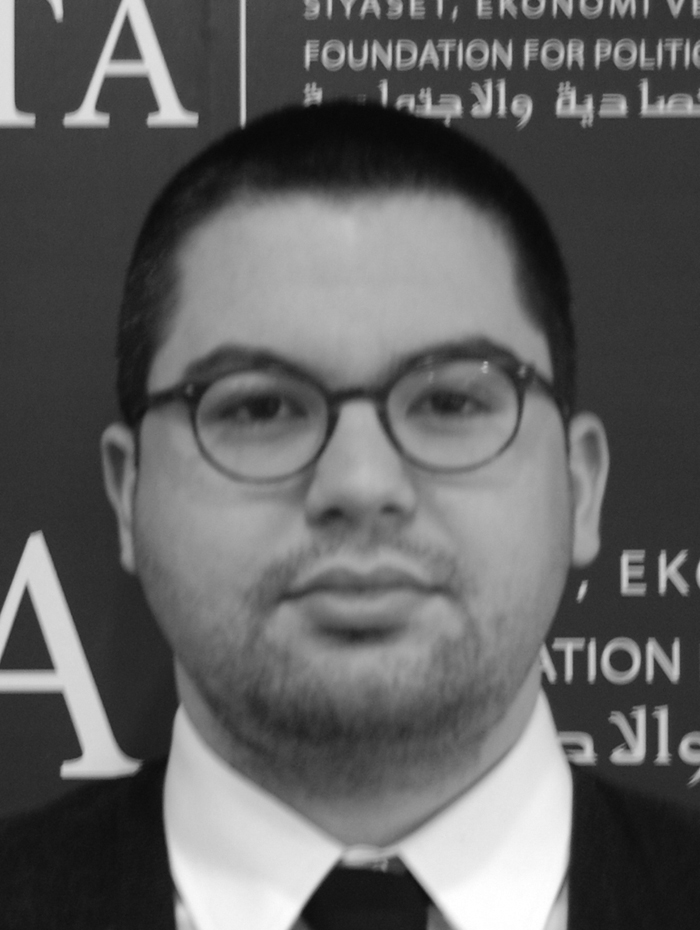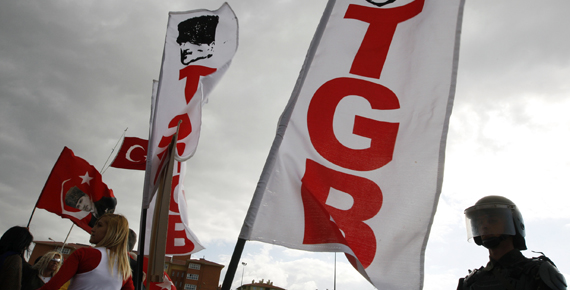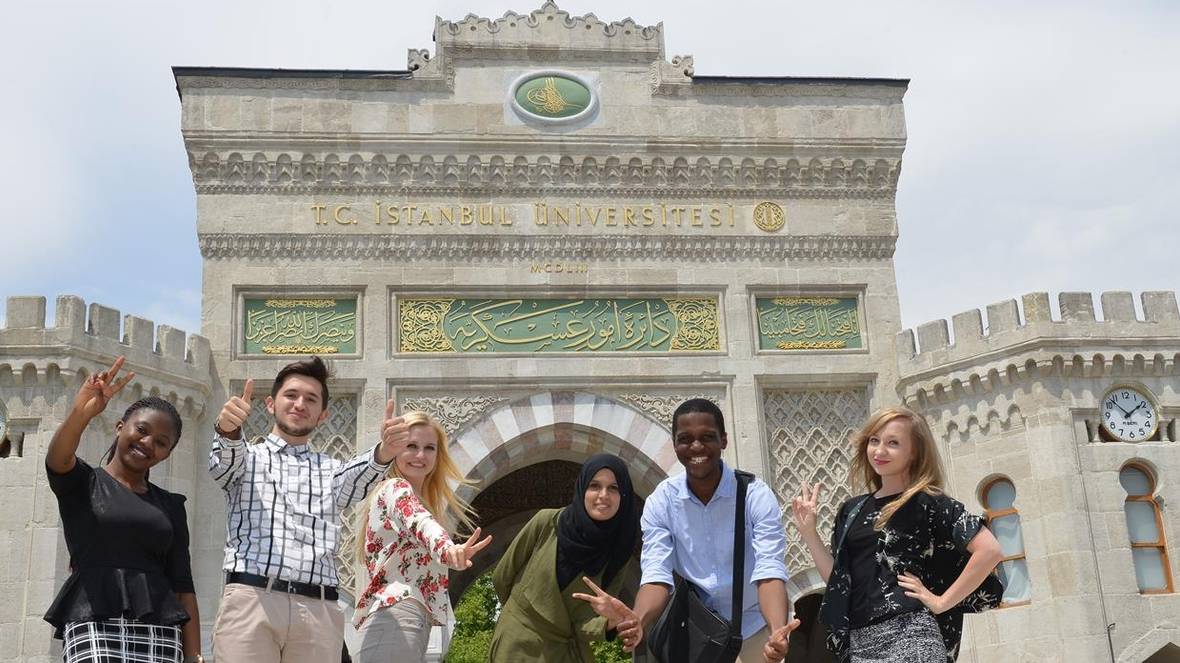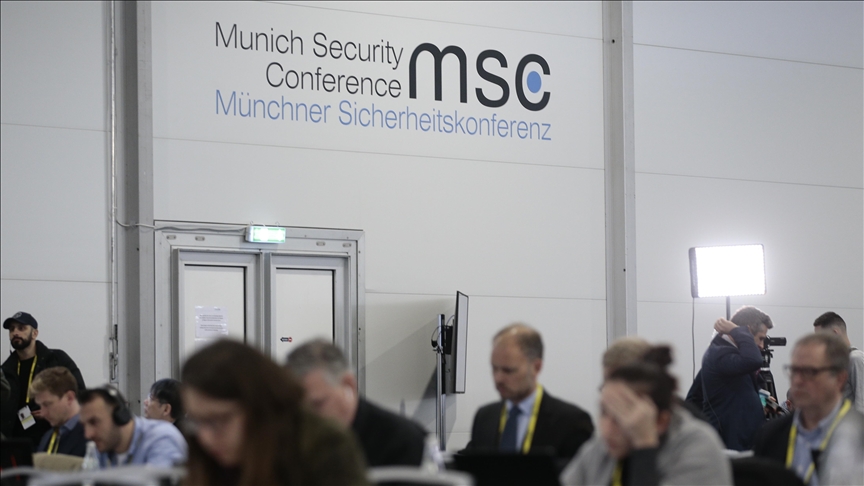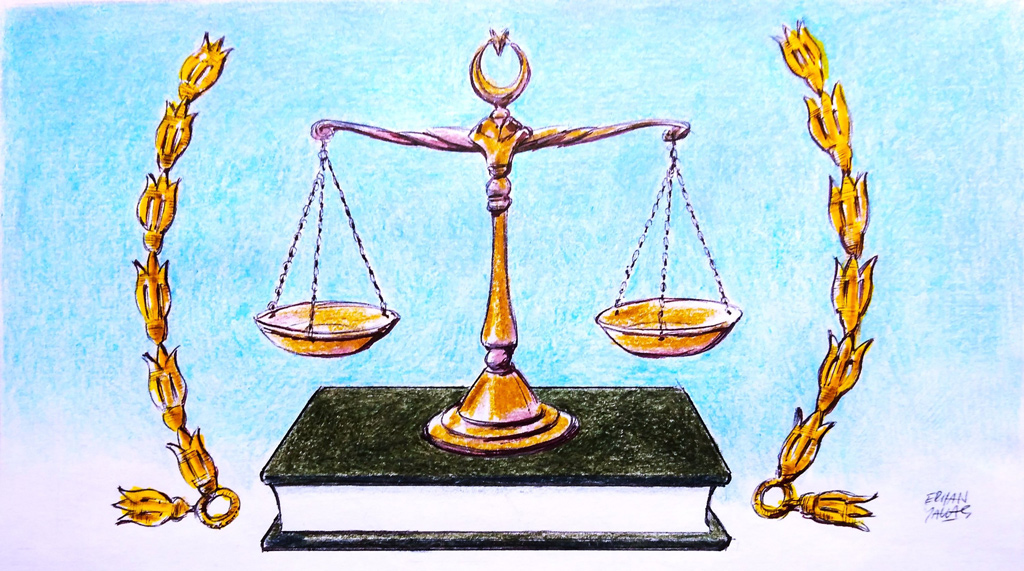Yesterday marked the 270th hearing of the Ergenekon trials, one of the most controversial and polarizing legal processes in the republic’s 89-year history.
Although the public has not always shown great interest in the case over the past four years, this particular session sparked quite a controversy as thousands of protesters gathered outside the Silivri Prison Complex and clashed with the security forces. Images of Republican People’s Party (CHP) deputies standing next to radical left groups such as the Turkey Youth Union (TGB) and marginal political parties not only marked the death of the main opposition’s hyped “New CHP” agenda, but also cast a shadow on the future prospects of center-left politics in Turkey.
NEW CHP: NEW CENTER-LEFT HEGEMONY
When the main opposition party’s May 2010 leadership change replaced former chairman Deniz Baykal with audacious reformer Kemal Kılıçdaroğlu, the public took an interest in the movement’s new strategy. Unlike his predecessor, the new CHP leader announced that his intention was to come to power by reaching out to voter blocs that the previous leadership alienated at the expense of maintaining close relations with the military-bureaucratic establishment. Ever since Kılıçdaroğlu’s rise to power, political commentators discussed every development and statement based on the assumption that the CHP elite was looking for the right time to make a radical break with the party’s old ways. From Kılıçdaroğlu’s 2010 call for general amnesty for Kurdistan Workers’ Party (PKK) militants to an August Ramadan dinner this year with religious public figures, the intraparty struggle within the CHP’s Kemalist hardliners and pro-change social democrats was seen as a zero-sum game. The new leadership’s rhetoric and bold statements on former taboos led many to believe that Turkey’s long lost center-left tradition that lost its appeal in the stormy 1990s could make a comeback.
ERGENEKON TRIALS: LITMUS TEST
A highly controversial item on Turkey’s political agenda since 2008, the Ergenekon case served as a litmus test for the prospects of building a center-left political platform within the main opposition party. The discursive continuity between Baykal and Kılıçdaroğlu was particularly striking: While the former chairman dismissed the “coup plotting” charges as nonsense and announced that he was “the lawyer of Ergenekon” in July 2008, Kılıçdaroğlu ridiculed the proceedings by declaring that he was willing to become a member if anyone could show that Ergenekon actually existed. In other words, although the CHP’s leadership change engendered notable, but dissatisfactory, changes in the party’s discourse on the Kurdish question, secularism and civil-military relations, the party elite remained rather sensitive to the Ergenekon trials. The party even endorsed the candidacy of Mehmet Haberal and Mustafa Balbay, two of the Ergenekon trial’s defendants, for Parliament in the 2011 elections and organized a short-lived boycott campaign to protest the court’s unwillingness to release them. This pattern not only raised questions about the CHP administration’s self-proclaimed democratic credentials but also rendered it impossible for Turkey’s center-left movement to contribute to the country’s democratization process.
QUE VADIS CHP?
The Sledgehammer trial’s recent conclusion, coupled with Parliament’s approval in July of the third judicial reform bill to abolish specially authorized courts, signal an end to Turkey’s first steps at establishing a liberal democracy where civilian actors managed to curb the military’s power thanks to popular support. It is at this critical junction that public debate on Turkish democracy’s future needs more contribution from center-left actors. The question remains whether the CHP will be able to meet the
